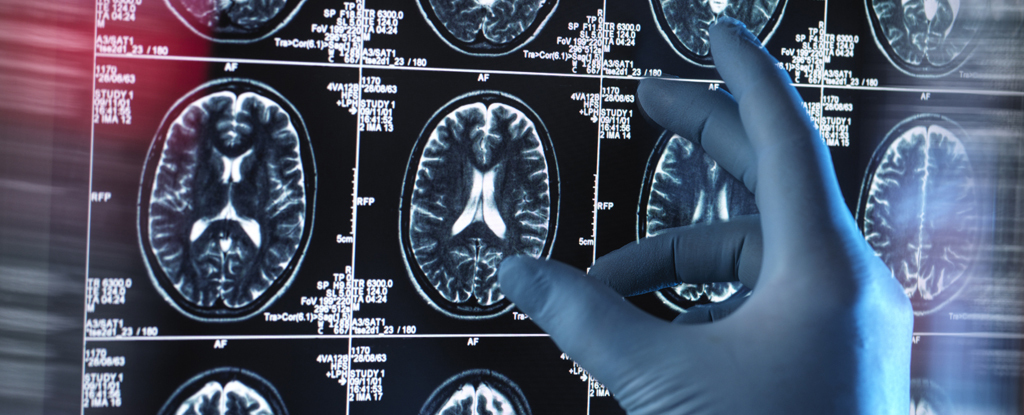Some form of brain injury could be behind the symptoms reported by those with long COVID, according to a new study, and adapting tests and treatments to match could aid progress in tackling the condition.
Analyzing 203 patients hospitalized with COVID-19 or its associated symptoms, and comparing the results with 60 people without the infection, researchers noticed elevated levels of four brain injury biomarkers – key signs of biological change – in those infected with COVID-19.
What’s more, two of those signs of brain injury persisted into the recovery phase, suggesting that they continue even after the COVID-19 infection has gone. Levels of these two biomarkers were even higher for people who also experienced neurological complications with COVID-19.



That’s exactly it, long COVID is multiple problems in many damaged tissues. We’ve found a new damaged location, it doesn’t diminish the impact of everywhere else though like this article headline claims.
But that’s not how research works… research papers will often assess one very specific area… there’s no point in talking about all of the other ailments that are possible with Covid, because the research paper was exploring brain injury biomarkers ?
Eh, he’s not commenting on the research though. He’s commenting on the article. The headline says “Long COVID seems to be brain injury…”, but we know that can’t be the whole story. If the journalist were doing a better job, it should have said “Long COVID likely involves a brain injury…”. They might have even asked the researchers how the brain injury theory could account for diminished lung capacity - but they didn’t.
Right, viruses and the local immune response can damage healthy tissue.
Isn’t this just the result of COVID? In other words, can we stop calling it long COVID and just explain to people how their immune system works, and that it’s just the result of having contracted a very serious virus?
Can’t these symptoms happen identically with just about any virus?
I think COVID is special in that it can infect cells in all organs of the body. I believe other viruses can cause long-term or permanent damage but they tend to be more limited in the scope of what organs they can affect. Plus, any viruses that don’t affect the respiratory, digestive, or reproductive systems are a lot harder to transmit, so there’s fewer cases overall.
Also, respiratory viruses are a bit special in how much of an initial dose one can be exposed to (unless you’re eating the ass of someone who is shedding a digestive system virus or receive a blood transfusion laden with some bloodborne virus, you’re not likely to get a similar exposure to sitting in a room with an infected person shedding virus particles with each breath).
But this is just my own speculation based on what I’ve seen and read. It’s interesting seeing more and more studies coming out.